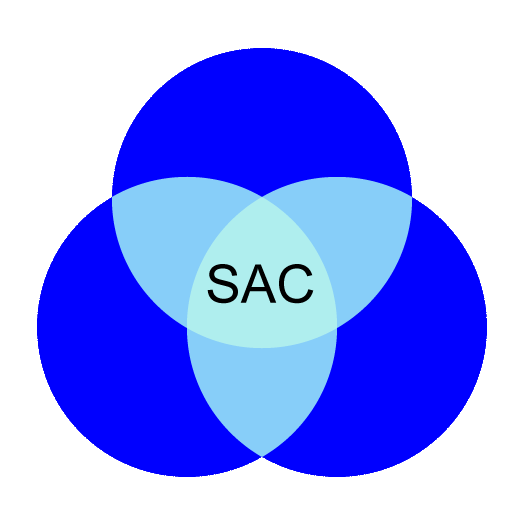Comment and Discussion from the SAC
The “Comments” section of the SAC website, which is being developed as and when individuals submit comments, is intended for short statements, in contrast to the longer Occasional Papers. All comments published on this website represent the personal opinions of the authors and are provided as a contribution to debate. Publication does not imply they are endorsed by the SAC membership collectively or individually.
The South Atlantic Conflict – A Way Round?
By Alan Tabbush, 8 February 2012.
The appointment of an Argentine Ambassador to the Court of St. James’s is warmly to be welcomed. At some point, the new Ambassador, H.E. Mrs. Alicia Castro, will wish to discuss the question of the Falkland Islands. She will do so from the deeply held belief that the islands belong to Argentina and she will very probably not depart from this constitutionally engrained assertion. The Foreign Secretary will argue that the islands will remain British as long as its inhabitants wish.
The nub of the difference between our two countries is sovereignty of the islands. Much has been studied, written and said about this. If the matter were submitted to international arbitration, the United Kingdom could argue a very strong case. Argentina, no doubt, believes it could do the same. Neither country has agreed to go to arbitration. No good comes of intransigence. One cannot sit around a table to negotiate if there is something about which one is unwilling to negotiate. It is necessary to find a way round this impasse.
The concept of devolution, with which we in this country are becoming increasingly familiar, could help. Were the UK and Argentina to agree to declare that sovereignty now lies with the Falkland Islands and to constitute a British-Argentine protectorate whereby the protected, independent state, i.e. the Falkland Islands, retains control of internal matters while giving up control of foreign affairs and defence to the two protecting states, there would be a way for both countries elegantly to extricate themselves from this jam without prejudicing the interests of the islanders, who would become British or Argentine protected subjects, or both!
From the beginning of the nineteenth century to the middle of the twentieth century, the UK played a guiding and helpful role in the growth and development of the Argentine Republic. A return to the “perfect friendship” envisaged in the Convention of Settlement of 1850 between the United Kingdom and the Argentine Confederation (as it then was), restoring it “to its former state of good understanding and cordiality”, is highly to be desired and would spare the UK, a righteous nation, the opprobrium of being placed in an invidious situation by ill-informed discussion in the UN, Mercosur, ALBA and other international fora.

